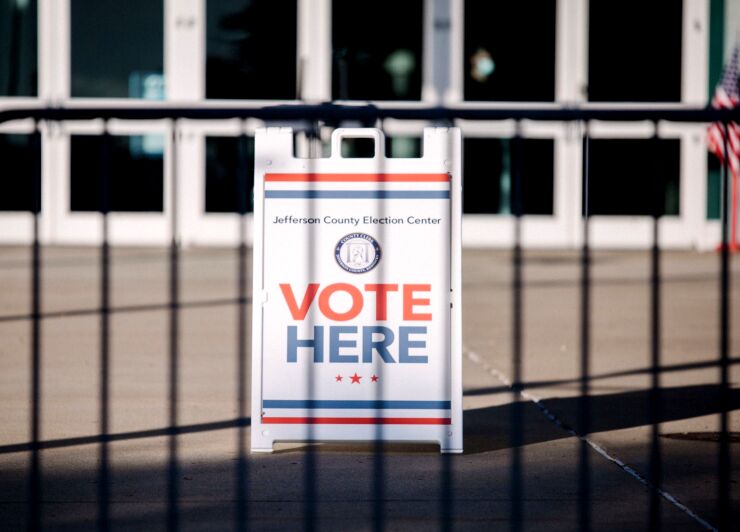Even as state and local officials worked overtime to count ballots in a few battleground states and finalize the presidential race, one result of the election seems fairly clear to tax experts: We shouldn’t expect much wide-ranging tax legislation coming out of Washington, D.C., in the near future.
While a few congressional elections still need to be decided, the expectation is that the House and Senate will remain divided.
“It’s fair to say that the ‘Blue Wave’ [of Democratic control of both the House and Senate] or whatever variation of it people were expecting, did not materialize — certainly not in the way the polls contemplated or the public may have expected,” explained Todd Metcalf, a principal in the national tax office of Big Four firm PwC, and former Democratic chief tax counsel for the Senate Finance Committee. “For example, going into Tuesday there was some expectation that Democrats might pick up seats in the House; at the moment it doesn’t look like that hasn’t happened, and they may even have lost a couple of net.”
“In a narrowly divided Senate, that constrains the latitude that an administration has, because whatever you’re trying to achieve, everyone has to agree with it,” he continued. “You can’t have any outliers. You have to find that centrist, consensus position. … If you have divided government for the next couple of years, regardless of who’s in the White House, you’re not going to see dramatic changes in tax policy.”
Bill Smith, managing director of the national tax office of Top 10 Firm CBIZ MHM, agreed: “Nothing is going to change after January 20 and what’s happened since the last midterm elections, in my opinion,” he said. “There is going to be no major tax legislation, although I think both sides want to pass a stimulus package.”

Room for change
A narrower scope for tax legislation doesn’t mean no tax legislation, however.
“Where you’re going to see changes, if at all, is where there’s significant bipartisan consensus,” said Metcalf.
As an example of potential areas for bipartisan consensus, Metcalf suggested R&D expensing, which is currently set to disappear in January 2022, due to a provision in the Tax Cuts and Jobs Act.
“I would expect to see a coming together around the notion that innovation, that research and development is good for the economy and good for jobs,” he said, noting that something similar happened when Congress included the R&D Credit in the PATH Act of 2015. “And so, more likely than not, you might see that change to that provision not take effect. Is it delayed permanently or is it delayed temporarily? It’s too soon to see something like that, but I do think that’s an area where you could see bipartisan common ground, and those are the areas where I’d expect to see potential changes to tax policy.”
He also noted the Child Tax Credit as an area of potential consensus, as well as the middle-class tax cuts in the TCJA, which are set to expire further down the road.
Congressional attempts to boost the economy are another area where tax changes might move forward.
“Both sides may try to stick various tax measures into the stimulus package,” said Smith. “The most likely are probably the extenders. Those are really kind of broadly based. There is probably bipartisan support for extending the extender provisions.”
As an example of a potential stimulus-related tax change, Metcalf noted that how much interest companies are able to deduct is set to decrease in January 2022 per the TCJA. “In the CARES Act, that was an area where they thought, ‘Companies that are struggling will need to take on more debt during a slowdown; we need to anticipate that and provide room for that,’” he said. As a result, the act increased the limit for the 2019 and 2020 tax years, so Congress might be open to further expansion of the deduction.
“Look for where there’s been bipartisan agreement in the past, and look for that to signal a policy direction going forward,” he said. “There is no partisan interest in prolonging a recession or not dealing with the economic situation that we see.”





